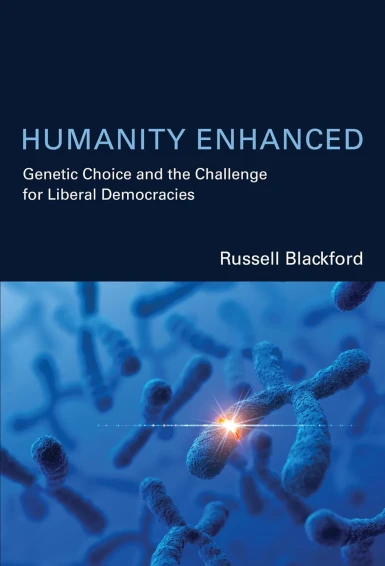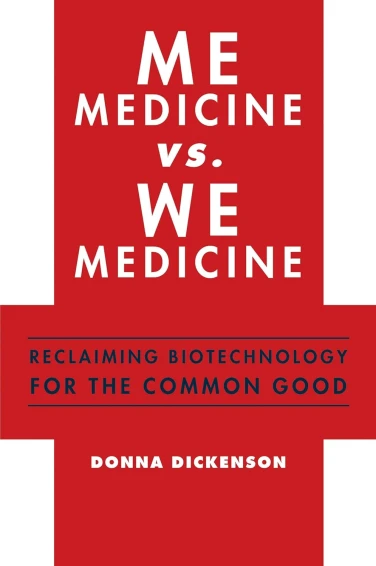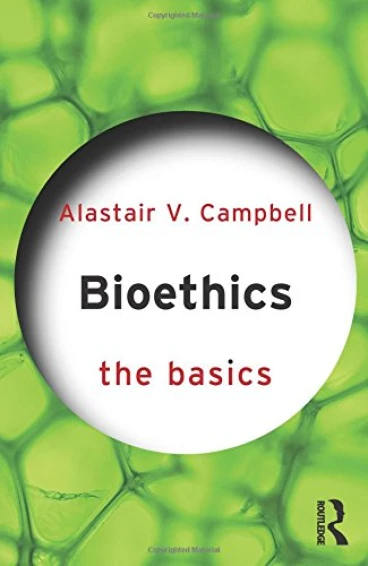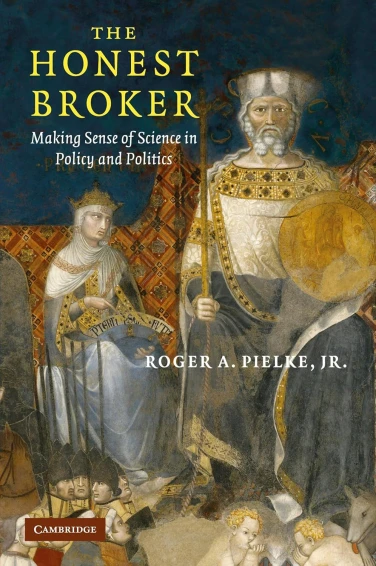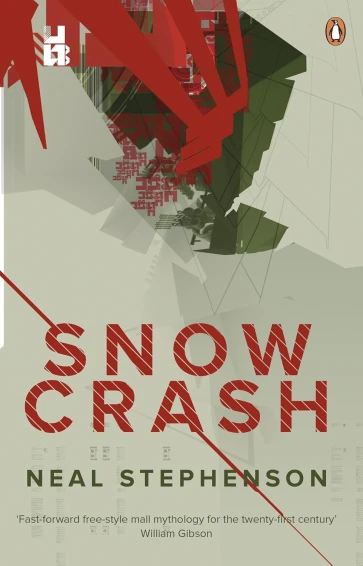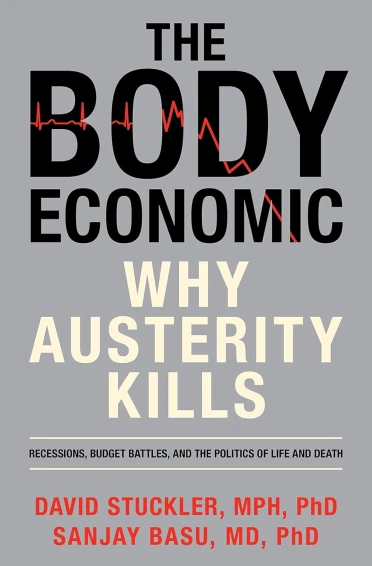
By Ken MacLeod
Orbit Books: London, 2012
320pp (hb)
ISBN 978–1–84149–939–0
RPP: £18.99
Reviewed by Matt James
If you’re looking for a good book to settle down with over the summer either to read on a warm, sunny location somewhere or as an alternative to coverage of the Olympics, look no further than Ken MacLeod’s Intrusion. Praised as displaying echoes of literature greats such as Orwell’s 1984 and Huxley’s Brave New World, MacLeod has once again displayed his skill of weaving together some of the latest developments in science and technology, his keen eye for detail along with fast paced story telling to produce a work of fiction that could be entirely plausible but remains staunchly challenging and provocative.
Plot
Intrusion is set in London, in the not too distant future. The rapid pace of social change accompanied with ever increasing advances in medical science and biotechnology has resulted in the development of a single–dose pill, known as The Fix. Taking the pill when pregnant eradicates many common genetic defects from an unborn baby.
Central to the story is Hope Morrison, part–time worker in the information industry, mother of a four year old, Nick, and expecting her second child. She refuses to the take The Fix and consequently sets in motion a fascinating set of challenges and inter–relational difficulties between family, friends, work and wider society. Hugh is Hope’s husband. A carpenter by trade, his easy going nature contrasts with Hope’s more passionate and head strong personality. Whilst he does not really understand Hope’s reasons for rejecting The Fix he stands by her seeking to support his wife, but not really perceiving the surrounding the taking of just one pill.
Politics
As many will be aware from reading Macleod’s other books, it is no surprise to find a strong political angle to the story. A Marxist, MacLeod’s fuses his political interests together with an appreciation and understanding of the latest scientific advances to create an explosive core which helps to bring tension and terror to the storyline. This is readily seen through the character of Hope who, desperate to find strength and support for her stand, makes contact with her local MP. Given the ever present, all pervasive web of surveillance which permeates the society in which she lives, what might have seemed a simple, wise move to make becomes one of many dots which connect her with other seemingly innocent, but once connected, evidently dangerous associations. Consequently, the family decide to flee the city in order to find solace in the quieter, less dystopian setting of the Isle of Lewis. Fans of MacLeod will be aware of his Scottish roots and once more he brings them to bear in this novel by eloquently weaving his understanding of the land and culture into the story. This obviously helps to widen the story’s focus in terms of its geographical setting but it also helps to draw in more of Hugh’s background and childhood. His apparent odd and mystical experiences as a child seeing vivid hallucinations of ancient people from the past, looks like it is has its roots in a genetic error which may help to form a basis for Hope’s rejection of The Fix. This could be a genetic abnormality which should be kept and not eradicated.
A book of contrasts
The contrast seen between London and the Isle of Skye is one of many contrasts in the book. The freedom of the individual against the all power, totalitarian state with its clear conviction that freedom is not the right to choose, it’s the right to have the government decide what you would choose, if only you knew what they knew. The Fix represents a one–pill move to obliterate individuality by removing genetic variation. Moreover, Hope’s sense of increasing confinement, restriction and hopeless predicament contrasts with her name Hope and the very man she is married to who appears quietly confident in who he is. Suddenly introducing perfection to the world not longer seems as enticing and better than it did before.
Biotech on steroids
MacLeod writes with a clear appreciation and understanding of the kind of advances taking place in the biosciences. This is without doubt a result of his year’s residency as Writer in Residence at the ESRC Genomics Policy and Research Forum in Edinburgh. Referred to by some as “biotech on steroids” the new technology of synthetic biology helps to frame the novel’s focus. Whether it’s The Fix itself, or the ‘New Trees’ (which take up carbon dioxide faster than the ‘normal’ variety) being planted on the street where Hope lives or the ‘New Wood’, which Hugh works with in his job as a carpenter, synthetic biology is shown to be intruding across every sector of society. What will be the outcome and are we ready for it? Are these private and personal matters of choice or something to be determined by society as a whole? These are just some of the questions which Intrusion helps us to get to grips with.
Whilst here in the present, talk of Google glasses may seem a new thing just around the corner, in MacLeod’s not too distant world, everyone is using them as frequently as we use a PC or tablet device. Couple this with the widespread occurrence of drones and micro cameras seemingly everywhere (and with laws compelling individuals to install them in certain places), this provides a fertile context to develop the Orwellian inspired surveillance strand to the story line. Nevertheless, stepping back from the story with its strong indicators of how this technology could adversely affects us, it helps to create a means by which to consider to what extent is this technology useful and where we need to start thinking about drawing a line.
Conclusion
MacLeod writes with a disturbing skill of linking fiction with non–fiction. Whilst you know you are reading a story, there is an uncanny sense that this story line is entirely plausible. Your brain is not only engaged with a gripping storyline but also the wider ramifications of what all this could mean. As the conversation over prenatal screening continues, politicians discuss the impact of nudge theory on policy development and technological advances open up ever increasing opportunities for surveillance to monitor and track our movements and behaviours, MacLeod’s serves up a thrilling read. If you are looking for a comfortable and pleasant book to read then don’t pick this up. On the other hand if you are looking for an intelligent, witty and provocative intrusion to an otherwise mundane or uninspiring summer, this just might be for you.




